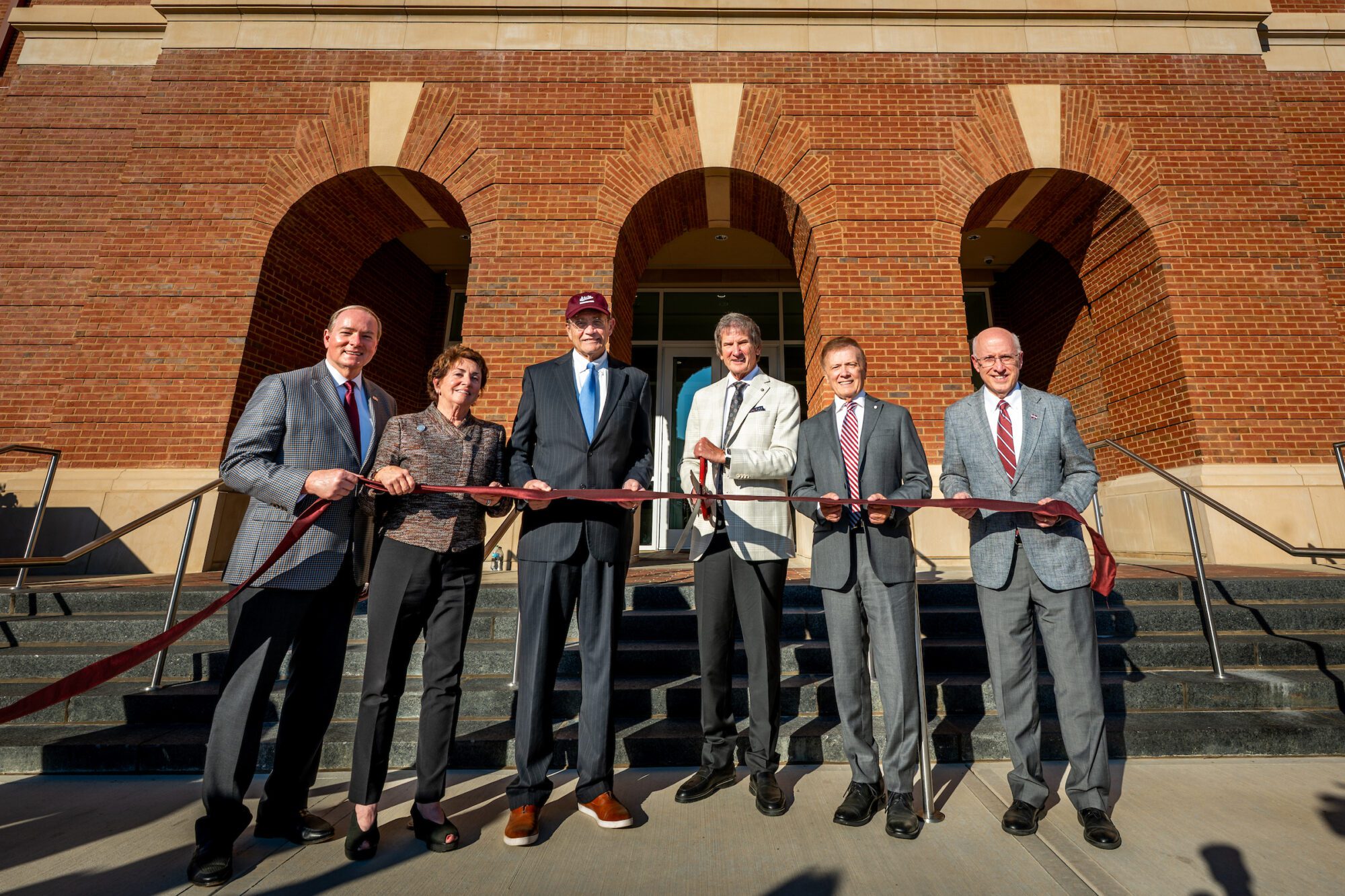The phrase “pay it forward” has a long and interesting history.
In 1841, Ralph Waldo Emerson wrote: “In the order of nature we cannot render benefits to those from whom we receive them, or only seldom. But the benefit we receive must be rendered again, line for line, deed for deed, cent for cent, to somebody.” In the work, Magnificent Obsession, written by Lloyd Douglass in 1929, a similar philosophy was proposed, reminding the reader that good deeds are important.
Twelve years ago, Catherine Ryan Hyde composed a novel aptly named “Pay It Forward.” Becoming a film, it revolved around an obligation to do good deeds for others in response to each good deed that one receives, illustrating that through repetition such behavior can create a social movement.
Idealistic, the concept always seemed improbable since we live in an age which values selfishness more than selflessness. Surrounded by apathy, rudeness, bad news and a lack of positive role-models, it is common for many to feel burned-out and disillusioned. Good deeds do not easily flourish in such an environment.
But not every tale is a bad one and not every person is dishonest or uncivil. Good deeds still occur from time to time, and I have the story to prove it.
Before I begin, let me just say: my wife and I have two small children — Cambridge and Chamberlain. And as those with kids will attest, packing for a trip, even a short trip, can be a vast and humbling undertaking.
So to cover our bases, we fabricated a checklist: Car seats? Check. Stroller? Check. Diaper Bag? Check. Baby wipes? Check. Formula? Check. Toys for temporary distractions? Check.
Change of clothes for the inevitable restaurant accident? Check. Snacks for trip? Check. Children firmly buckled and secure? Check and check.
Wife stressed and partly bedeviled by my 5-year-old while sitting in the front passenger seat? Check.
We packed the SUV as though we were fleeing over the Berlin Wall, but we were only heading to Hattiesburg.
Prior to our adventure, amid the chaos, I placed – ever so gently – my new Apple iPad computer tablet on top of the truck, intending to retrieve it. But, I forgot.
Just down the road, after making a left turn, it took flight. I did not discover its disappearance for 3 hours.
Upon arriving home, I retraced the trip several times, hoping for a miracle. Seeing none, I felt dejected.
Grasping at one last possibility, I rushed to check my emails; and there it was – a miracle. It read: “Hi, my name is Eric Pitts and I believe I have found something that belongs to you. Contact me.”
Within minutes of my call, he and his wife were standing in my driveway. They had discovered my iPad while riding down the highway.
The Pitts are engaging and friendly people; I enjoyed their company. We talked about life, politics and religion, as I thanked them both for the safe delivery of my computer. They then returned home, as quickly as they had arrived.
Seeing their taillights disappear in the distance, my happiness transformed into reflection.
They had so much to gain by simply keeping the device for themselves; and yet, they still chose to do the right thing.
That night, they did not simply return a lost iPad; they also delivered a much-needed dose of goodness, civility and honor. In the coolness of a beautiful Mississippi evening, one simple act of honesty proved remarkable.
Engulfed by a darkened and narcissistic age that typically views morality as nothing more than a mere social inconvenience, they stood as beacons of light — reminders of a better time.
And through an expression of their souls, they demonstrated that Christian civility in an uncivil world is inspiring.
The best portions of a good man’s life, once remarked William Wordsmith, are “his little, nameless, unremembered acts of kindness and love.” He was right.
Bringing decency into an indecent world, if only for a few seconds, the Pitts family of Pecan Grove, Mississippi chose to “pay it forward.”
Now it is my turn.
***** State Senator Chris McDaniel







